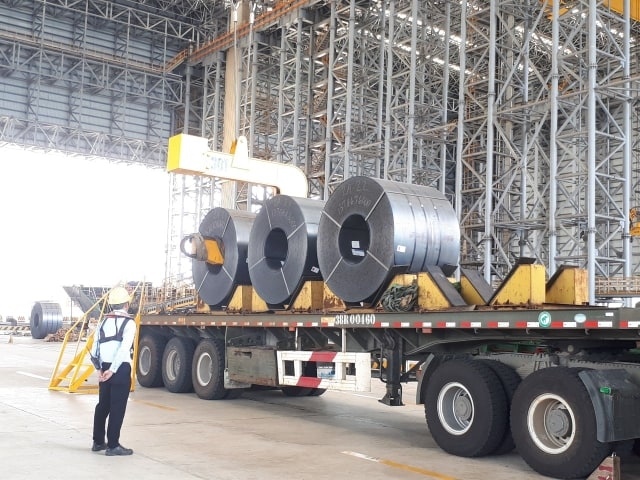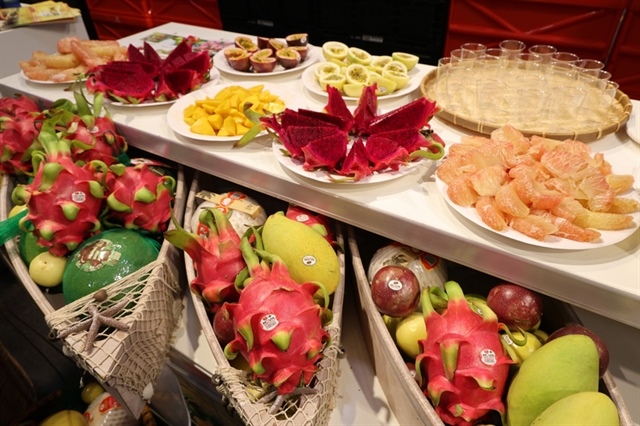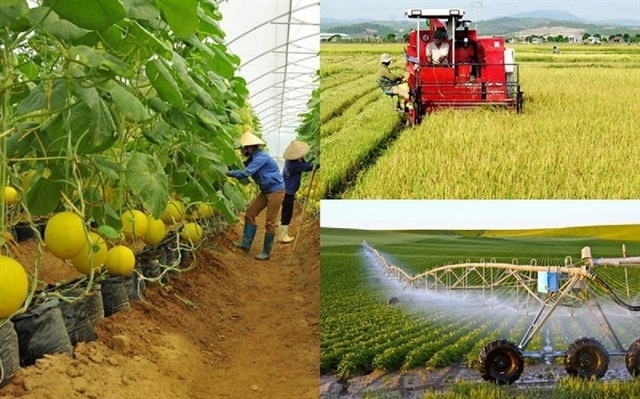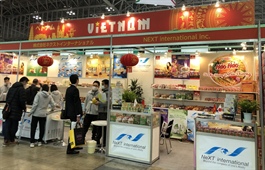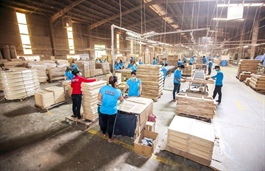New Zealand and Vietnam build resilience and vitality in agriculture economies
New Zealand and Vietnam build resilience and vitality in agriculture economies
New Zealand and Vietnam voiced their commitment to deepening the two countries’ agriculture and trade relationship at the second New Zealand-Vietnam Agricultural Dialogue. The dialogue was held virtually on April 6 by Chief Executive of the New Zealand Ministry for Primary Industries, Mr. Ray Smith, and Vice Minister of the Vietnamese Ministry of Agriculture and Rural Development (MARD), Dr. Le Quoc Doanh.
Smith and Doanh affirmed that in order to realize the goal of achieving two-way trade turnover to US$2 billion by 2024, as stated in the New Zealand-Vietnam Strategic Partnership Action Plan, increasing bilateral agricultural cooperation and connections between the two countries is key.
Speaking at the dialogue, Mr. Ray Smith emphasized that this is the opportunity for both sides to consider how both countries can work together to build resilience and vitality in our agriculture economies following the COVID-19 pandemic. Both sides committed to advancing their key agricultural interests in enhancing bilateral trade, reducing agricultural greenhouse gas emissions, promoting food safety, utilising agriculture research and technology, and in rural development.
|
Speaking at the ceremony, Vice Minister Le Quoc Doanh of MARD said, “Agriculture is critical to the economic wellbeing of our countries. Both nations are strong agriculture producers and exporters, with complementary products. The New Zealand-Vietnam Agricultural Dialogue will boost our connections, cooperation and two-way trade, in line with what our two Prime Ministers highlighted in the Strategic Partnership Joint Statement.”
The New Zealand Ministry for Primary Industries is already supporting agriculture cooperation with MARD with activities in plant health, veterinary epidemiology and electronic certification. These activities complement New Zealand’s ongoing development program, which has a number of agriculture projects including the premium fruit development project in Tien Giang, the rural dam safety project in Central Vietnam, and the safe vegetables project in Binh Dinh.
Ray Smith said that New Zealand has developed one of the most efficient agriculture sectors in the world, with a reputation for cutting edge research and technology, robust and safe agricultural practices, and delicious and high-quality products: “We recognise that increased trade is not just about exporting more products, it's about an exchange of knowledge, expertise, technology, services, and investment. This two-way exchange benefits both of us.”
He added, “We also look forward to finalising new fruit access for each other this year so consumers can enjoy New Zealand strawberries and squash in Vietnam and Vietnam’s limes and pomelos in New Zealand.”
The leader of the New Zealand Ministry for Primary Industries also reaffirmed that New Zealand will keep assisting MARD’s greenhouse gas inventory capability through the Global Research Alliance on Agricultural Greenhouse Gases.
Two-way merchandise trade between New Zealand and Vietnam in 2021 topped US$1.56 billion, an increase of 14 per cent, and by December 2021, Vietnam was New Zealand’s 15th largest trading partner. Vietnam remains a promising market for New Zealand and vice versa due to robust demand for key agricultural products.



